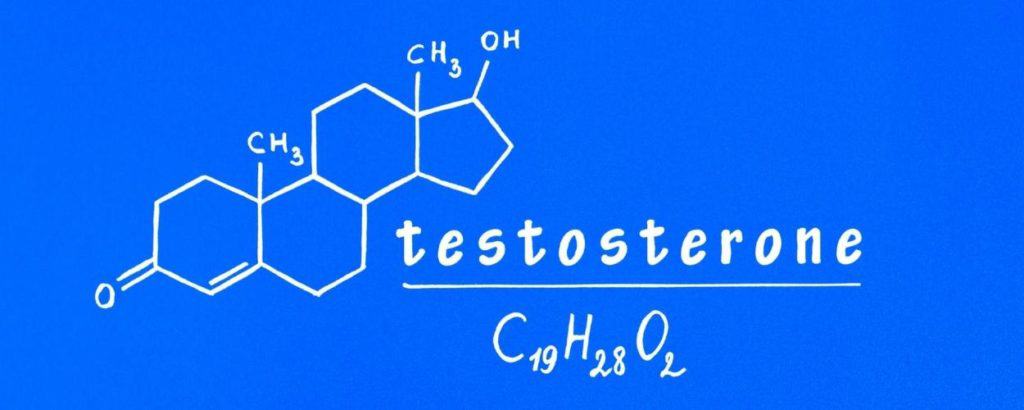
low cost testosterone replacement therapy
testosterone replacement therapy side effects
Testosterone Replacement Therapy can have side effects, just like any other medical treatment.
Studies have been conducted to determine the efficacy of various forms of testosterone replacement therapy. The results of these studies have been quite varied, with some showing that the therapy can be beneficial while others indicate that it may not be effective. In particular, the research has focused on the potential benefits of using testosterone replacement therapy to treat symptoms of low testosterone, such as decreased muscle mass, decreased libido, and fatigue. It has also been investigated to see if it can improve cognitive functioning, reduce the risk of certain diseases, and even increase longevity. Overall, the results of these studies suggest that there may be some benefit to testosterone replacement therapy for those suffering from low testosterone levels. However, further research is needed to determine its full potential.
You are interviewing the provider and the Testosterone Replacement Therapy clinic. Therefore, it is an interview as much as an informal discussion confirming that the provider sitting across from you has your best interest in mind.ÿ




